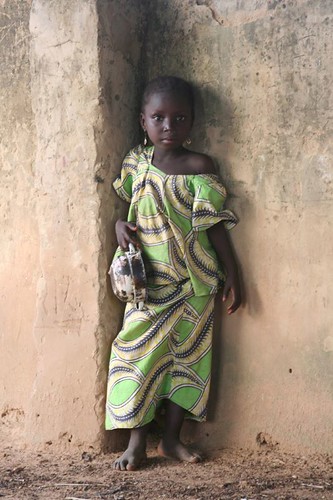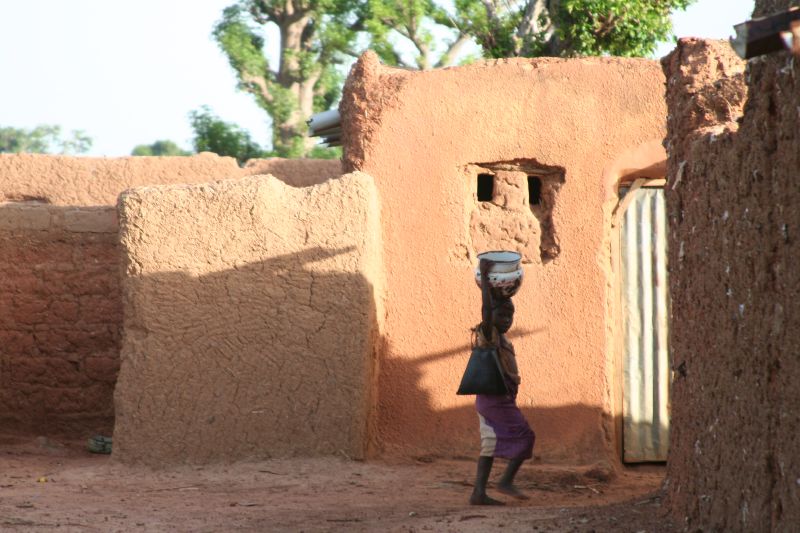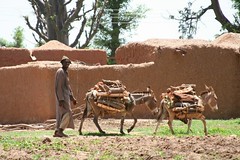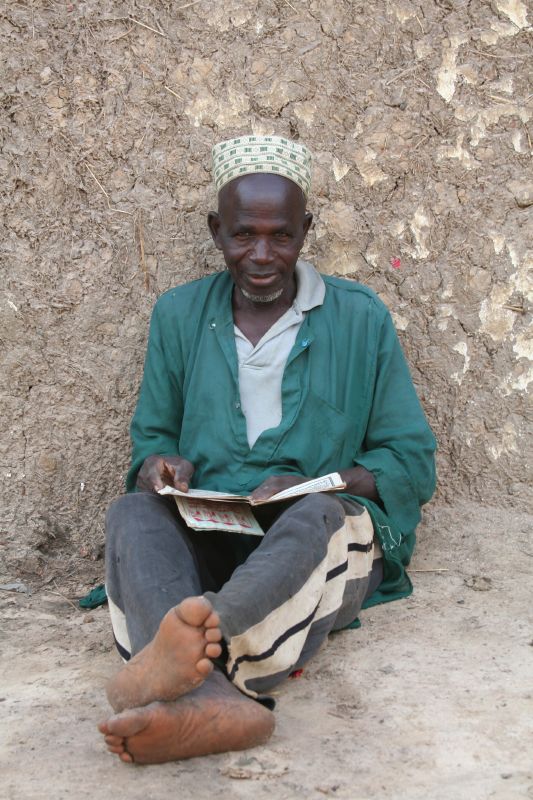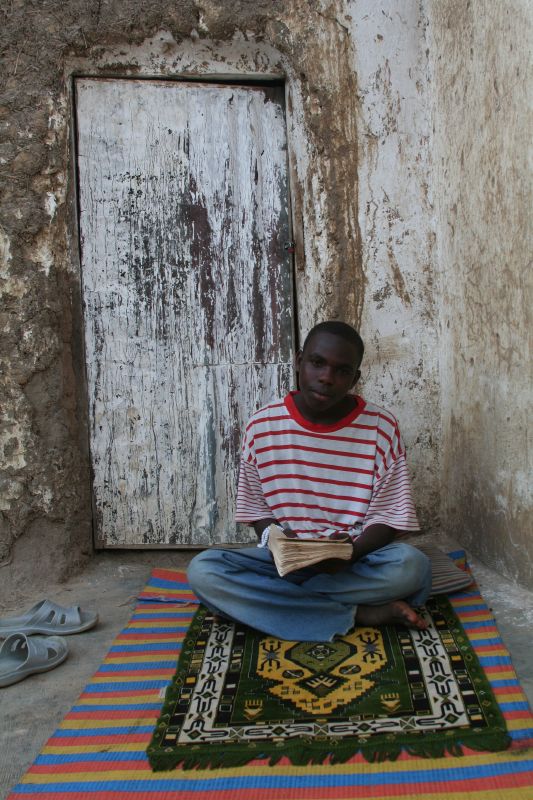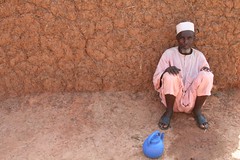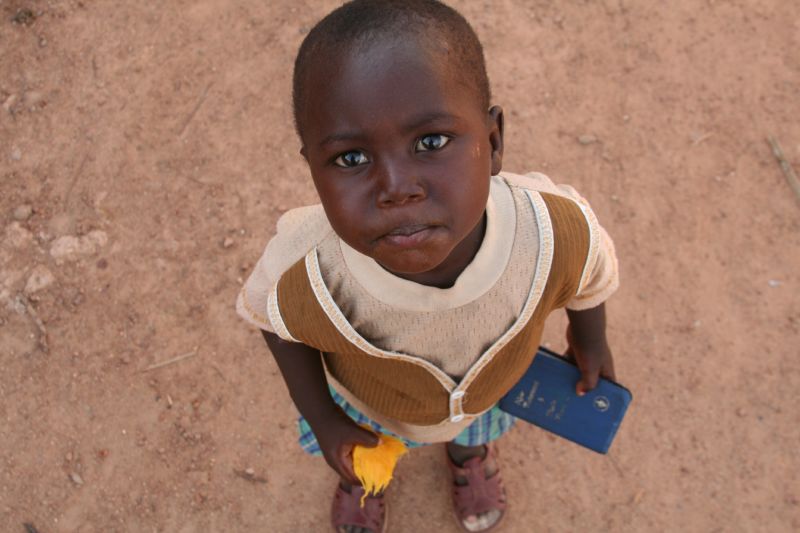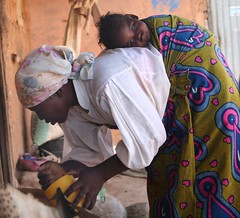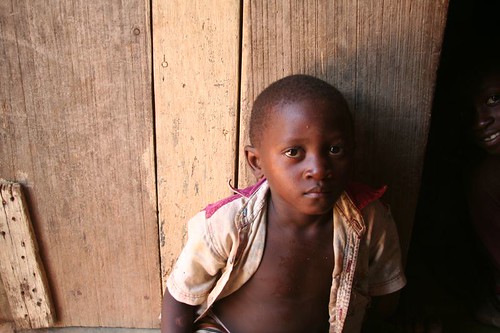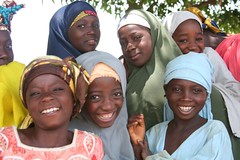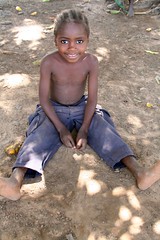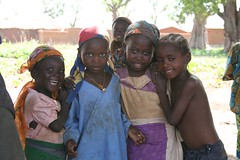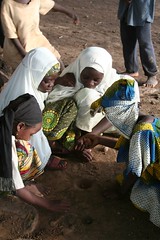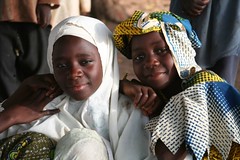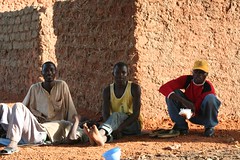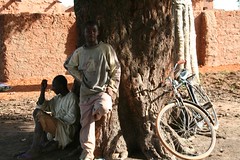
Alright... I knew Nigeria and Africa in general was a more formal society which is why I dragged along something along the lines of 6 button up shirts and business casual shoes and pants. It's a big step up from the chacos and baseball cap I usually wear, but seriously what gives? I've been here for a little over a month and I've already been accosted twice by the Nigerian fashion police, and both times I've had my shirt tucked in!
The first time I can laugh it off as some random foreign country weirdo. My female colleague and I were walking along the street, when some woman started giving her a stern talking to about how she needed to go shopping for me and buy a long muslim robe to wear. And the lady wasn't even muslim herself. Personally, I think it would cause more trouble if I were to dress like I was muslim, but then go off and do non-muslim things like get a beer. Yeah whatever. I don't listen to the crazies in Berkeley, why should I start anyplace else in the world?
It's been a bit on the warmer side in Zaria, so I tried to go swimming at the pool. Apparently, the lifeguards felt that my American swimsuit was "obscene" and they wanted me to wear a Nigerian suit instead. I would post a photo of the Nigerian men splashing around in their swimsuits, but I'd be afraid of this blog getting flagged for obscenity or something. Let's just say that if I took along my 8th grade bright red Sam Brannan gym shorts (circa 1987) along with me, I wouldn't have any arguments with the lifeguards. How my typical American suit covering much more body surface area then the nuthuggers they like here could be more obscene is beyond me...
Signs like this are very prominent at the entrance of the University and hospital grounds. There's a strong community pressure to conform to decent standards. Apparently the guy on the left is "indecent" for having braided hair, which only the women here have. Good thing I took out those cornrows, it would have been a double-whammy for sure.

The other amusing fashion thing in Nigeria, is this trend for short ties. A lot of the male doctors wear these ties that are only half torso. If only I saved those clip-on ties from middle school... I'll get a photo and post it.

